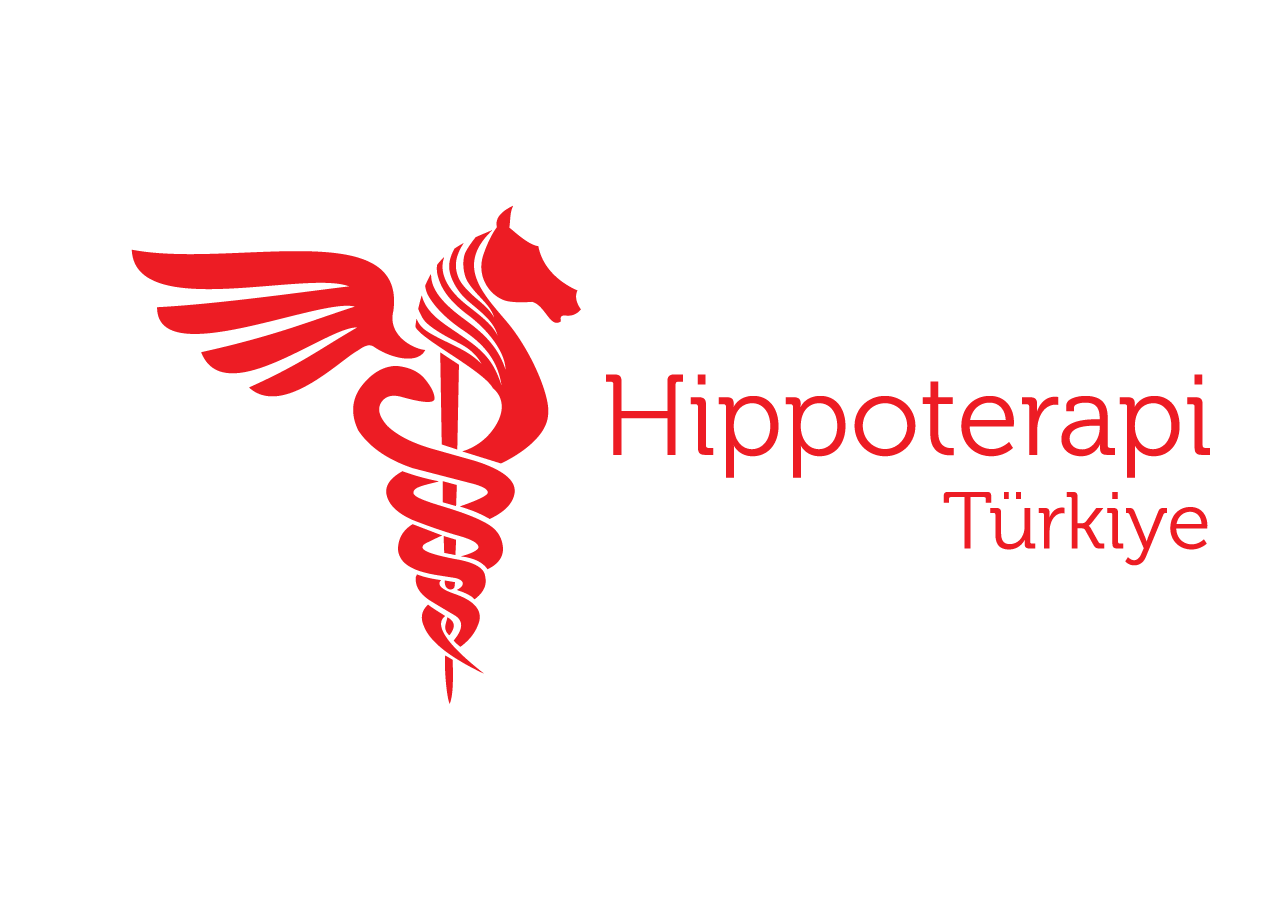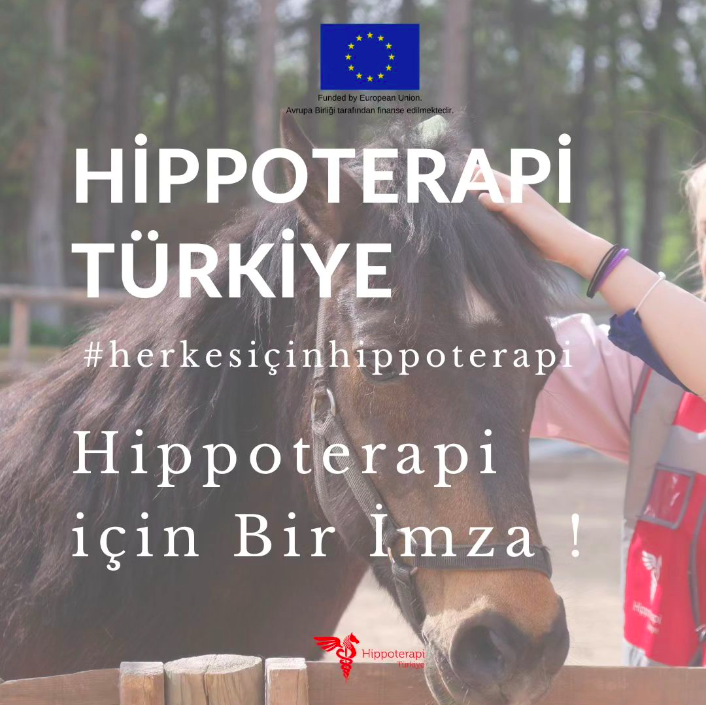Hippotherapy
What is Hippotherapy?
Hippotherapy is a therapy strategy applied by health professionals, aiming to improve the neuromotor, sensory, cognitive and psychosocial functions of the client, where the horse is included in the process.
Riding skills are not taught in hippotherapy practices. Instead, therapy programmes that support the client’s health and learning processes are implemented.
Target group
Cerebral Palsy, Autism Spectrum Disorder, Down Syndrome, Multiple Sclerosis, Balance and Movement Disorders, Language and Speech Disorders, Neuropsychological Disorders, Post Traumatic Disorders, Behavioural Disorders, Anxiety, Depression, Addiction…
What are the effects of hippotherapy?
Although it varies according to the condition of the client and the goal of the therapy, the general effects of hippotherapy are as follows:
-Improvement in balance and posture
-Development of motor skills
-Increase in tactile, sensory, visual, auditory stimuli
-Improvement of respiratory function
-Improvement in communication and social skills
-Positive effect on cognitive abilities
Increased self-confidence, self-esteem and motivation
Of Whom is the Hippotherapy Team consist?
A professional and multidisciplinary team approach in hippotherapy applications is vital to achieve the treatment goal.
Hippotherapy practitioners are health professionals (physiotherapist, occupational therapist, speech and language therapist, psychologist…) who have received relevant hippotherapy training. The horse trainer is responsible for the training and management of the therapy horses and the veterinary surgeon is responsible for maintaining the health of the therapy horses.



